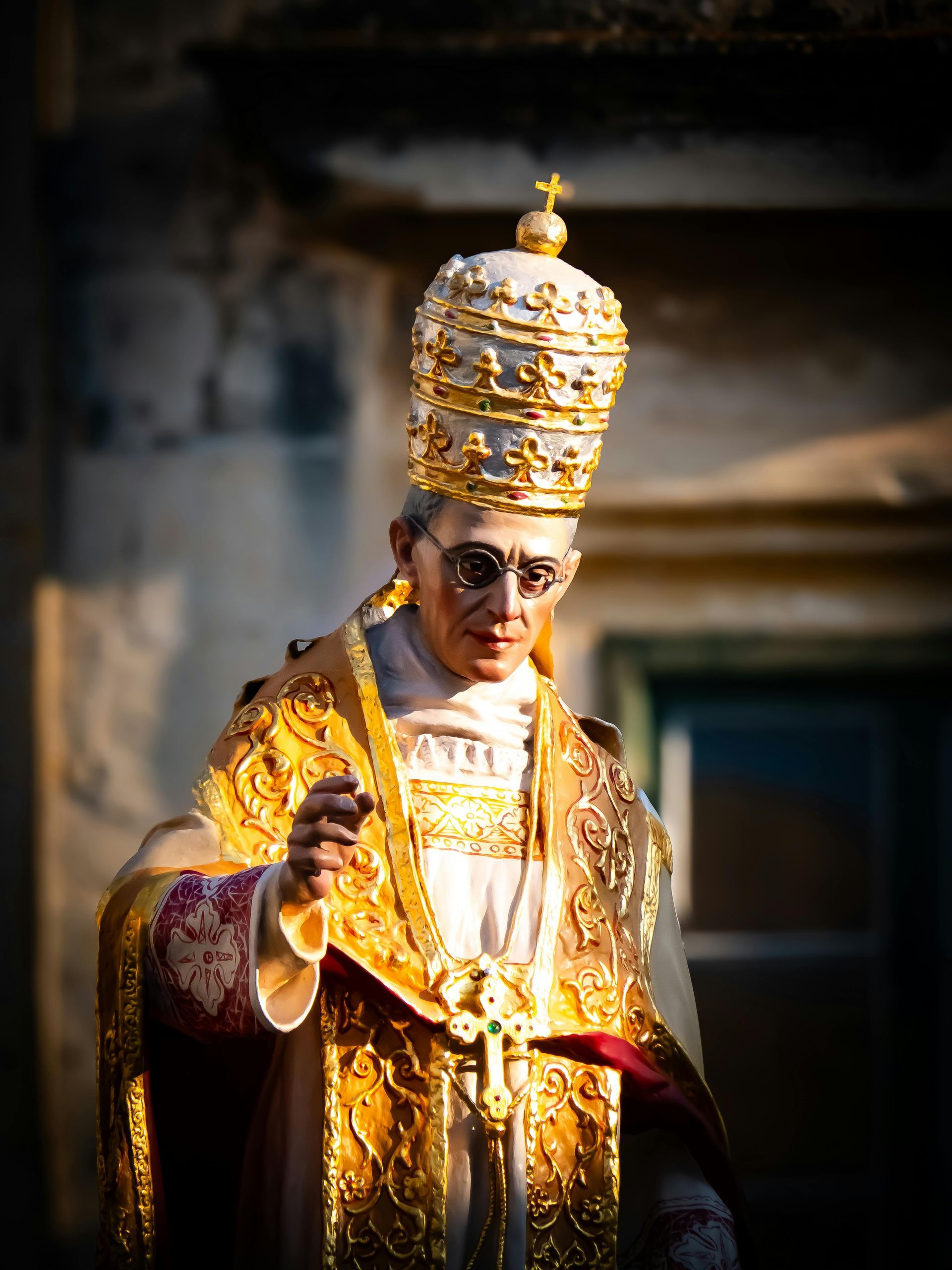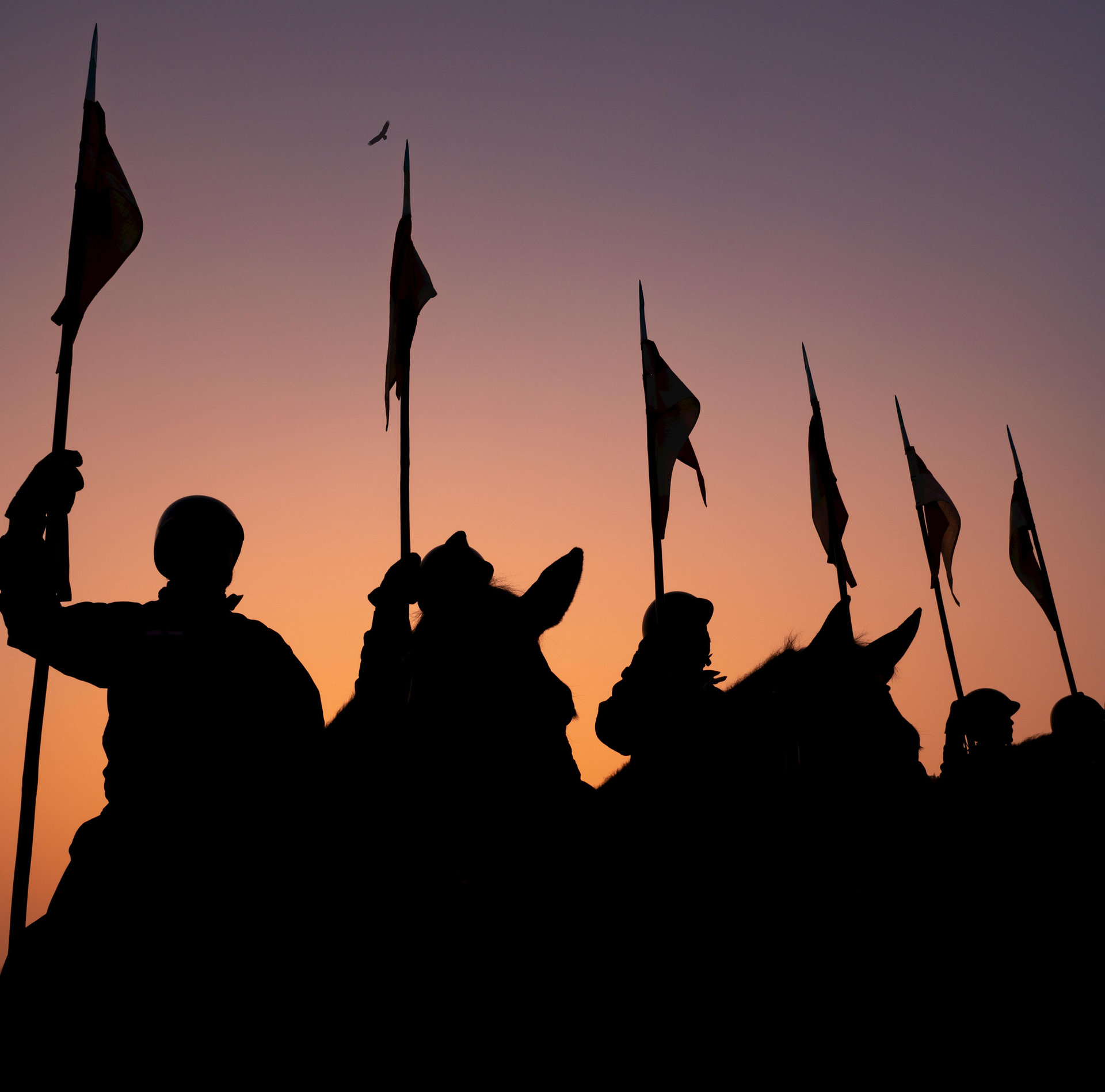The Politics of Liberty
Introduction:
“Liberty is not the power of doing what we like, but the right to do what we ought.” Lord Acton
In this multi-part series on the vital topic of Liberty, a number of aspects of Liberty will be under consideration. What it is and what it is not. Contrary to popular opinion Liberty and Freedom are not necessarily synonyms. As the above quote states, Liberty has inherent or applied guardrails or boundaries. In the New Testament letter by James, the Law of God with its limits is called the Law of Liberty.
It follows that the most salient opposite of Liberty is slavery. Slavery most commonly refers to the dastardly chattel slavery of not only the Confederate South, but throughout history and even in some parts of the world still today. However, there is a form of slavery masquerading as Liberty that is promised by the doers of evil that results in the restriction of Liberty to think and to do. A Liberty-restricting term we will explore as we move through this series is “wokeness”. The LGBTQ spirit of the age is another extension of slavery that disguises itself as freedom. These many kinds of slavery have resulted a splintering of society and culture as the unity of “One Nation Under God” is tragically becoming tribal, ethnic, and racially divided. Even Science against “the Science” has resulted in a striking bifurcation.
Throughout the Scriptural record the conflict of Liberty and Slavery is continually illustrated. Often this war between the two is called The Great Controversy between good and evil. It is clear that the Founder and Promoter of false Liberty is none other than Satan himself. In the Garden of Eden, Genesis 3, he promised to Eve a pseudo freedom that broke the bounds of God’s established guardrails. Rather than freedom, she and Adam discovered the horrors of destroyed Liberty in the consequences of sinful rebellion.
We see a similar scenario that has been unfolding in America for over 100 years. The guardrail protection of Constitutional principles, as seen through the lens of The Declaration of Independence, are increasingly rendered as old school and hopelessly out of date. Those attacked tenants of Liberty include, but are not limited to: Freedom of speech, a one tier rule of law rather than the two tiers that is now so obvious. Innocent until proven guilty (now the press and corrupt politicians have become judge and jury). Consent of the governed (COVID mandates and lockdowns were often unilateral not legislatively exercised).
Perhaps most troubling is the subtle undermining of the first clause of the First Amendment which prevents the establishment of religion. Increasingly, students of history especially from the 17th century French Revolution to our day see the emergence of the State as the dominant religion. The modern godfather of the State as worthy of worship is Georg Wilhelm Friedrich Hegel . His philosophy of the State is captured in his succinct, “The State is the march of God on the earth.” Another quote: “The State is God’s Will.” Little wonder, that despots of all stripes, whether Marxist or Fascist, count Hegel as a major influence.
Therefore, one can see the dominance of the Federal Government, whether through the Executive branch and its rogue unelected Administrative State or through the judicial activism of judges who too often rule by opinion rather than Constitutional principles. This rapidly emerging reality may indeed be the greatest threat to Liberty .
The 17th century Framers of the Constitution recognized that separation of Church and State was the building block of Liberty. Mankind must be free to believe or not believe. In 1765 thirty year old John Adams brilliantly showed the positives of that separation in his “Dissertation on Canon and Feudal Law”. It follows that in 1776 God used him to assist Thomas Jefferson in penning the grand and timeless document, “The Declaration of Independence”.
Rightly called our “civil religion” The Declaration highlights the equality of all men possessed of inalienable rights that, unlike countries such as Canada, are irrevocable as they are given by God and not the State. The State makes no rights. It can only recognize a right or trample on a right.
Finally, the title may give some pause as I chose the term “Politics”. To many the term has deservedly negative connotations. The concept of Politics originated as a positive and unfortunately, because of abuse, has descended into a virtually a “four-letter” word. In its best sense, politics is simply the art or science of
government . That would include the total complex of relations between people living in society. Moreover, the Greek word for politics was modeled on Aristotle’s “affairs of the city”. Very simply then, the meaning to be used in these essays will reference politics as those principles, policies, and actions that affect Liberty in its highest sense!





